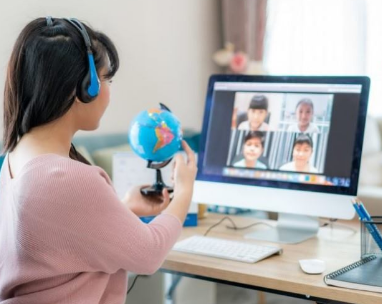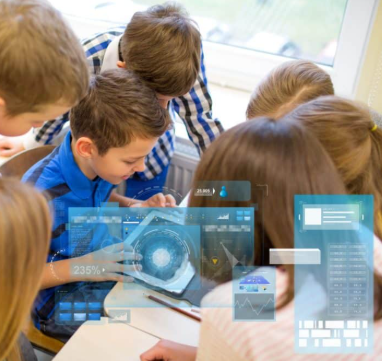Educational games have evolved from simple digital diversions into powerful tools for enhancing learning. Their growing popularity in classrooms and at home speaks to a deeper truth: when learning feels like play, students become more motivated, engaged, and successful. Understanding the psychology behind educational games can help educators, parents, and developers make the most of this innovative approach.
Why Educational Games Work
Educational games are effective because they tap into core psychological principles that drive human behavior. Unlike traditional instructional methods, games offer a dynamic learning environment that encourages exploration, persistence, and active participation.
Intrinsic Motivation
One of the key psychological drivers behind educational games is intrinsic motivation. Games provide immediate feedback, clear goals, and rewarding experiences that make learners want to keep playing and, by extension, keep learning. This internal motivation fosters a genuine interest in the subject matter.
Flow and Engagement
Educational games often promote a state of “flow”—a mental state of deep focus and immersion. When learners are in this state, they lose track of time and become fully absorbed in the task. This level of engagement enhances retention and comprehension.
Repetition Without Monotony
Repetition is essential for learning, but it can quickly become tedious. Games mitigate this by incorporating repetition into varied and enjoyable challenges. By rewarding progress and gradually increasing difficulty, educational games make practice feel purposeful and enjoyable.
Safe Environment for Failure
In a game, making mistakes is part of the process. Educational games create a low-stress environment where failure is seen as an opportunity to try again. This encourages experimentation and resilience, key traits for effective learning.
Social and Emotional Learning
Many educational games include cooperative elements that encourage players to work together. These experiences help build communication skills, empathy, and teamwork, complementing academic learning with valuable social development.
Real-World Impact
Research supports the benefits of educational games. Studies have shown improvements in areas such as problem-solving, critical thinking, math proficiency, and language acquisition. When used appropriately, these games can be a meaningful supplement to more traditional forms of education.
Conclusion
The psychology of educational games reveals why they are more than just entertainment. By aligning with how people naturally learn and stay motivated, they can transform the educational experience. As technology continues to evolve, so too will the potential of games to foster meaningful, lifelong learning.






